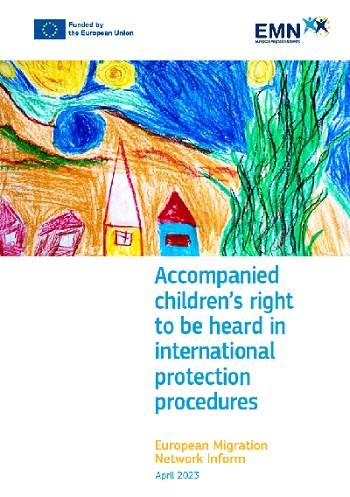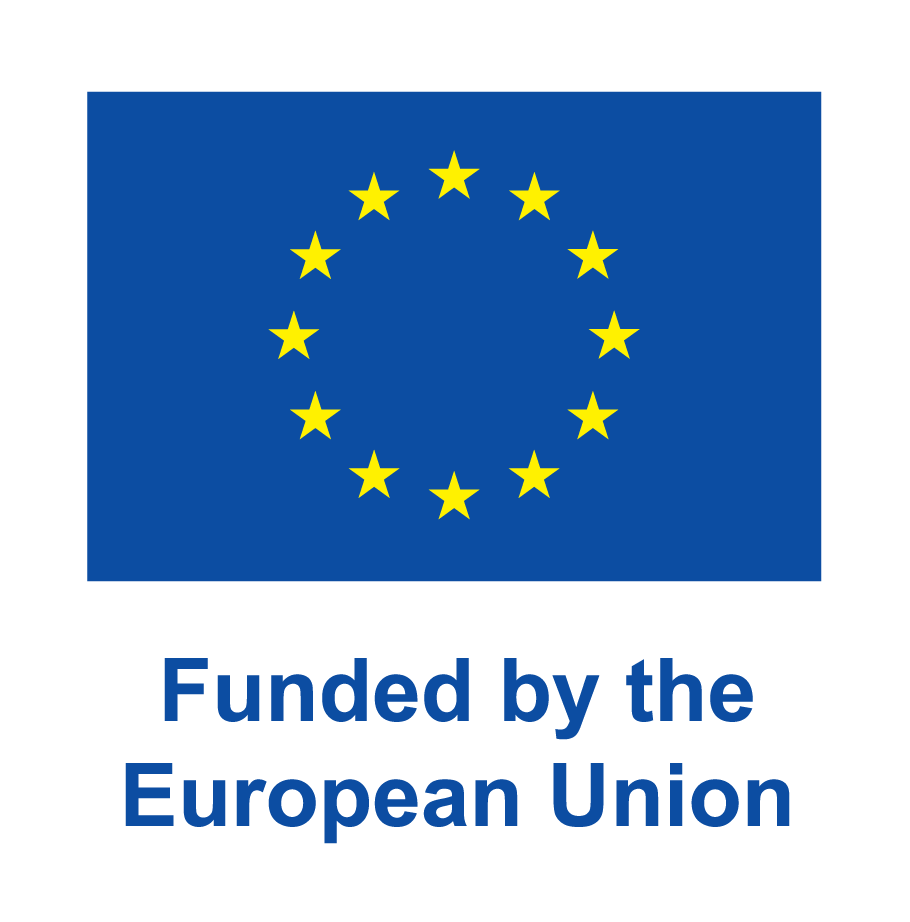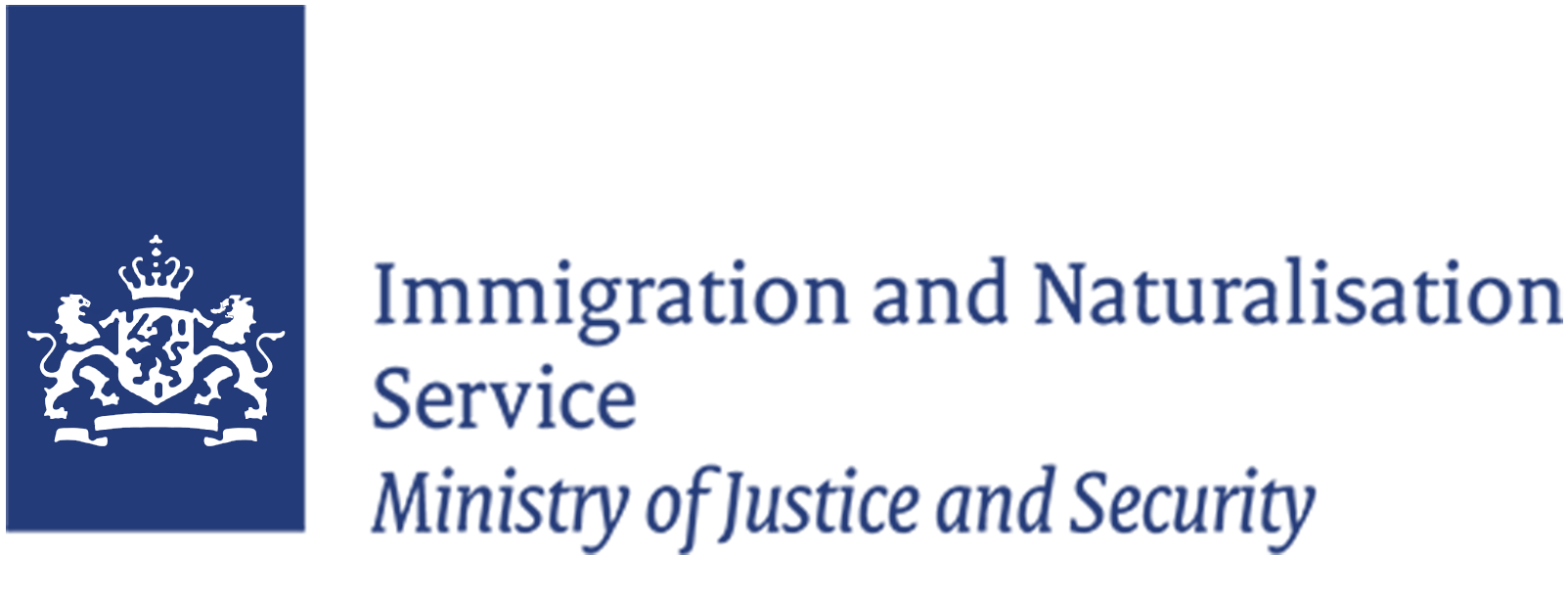EMN inform on the application of the right of accompanied children to be heard in asylum procedures in EU Member States and EMN Observer Countries.
EMN Inform | Asylum procedure children
Inform: 'Accompanied children’s right to be heard in international protection procedures'
24 April 2023
Research period - 2022
Participating countries - Belgium (BE), Bulgaria (BG), Cyprus (CY), Germany (DE), Estonia (EE), Finland (FI), France (FR), Greece (EL), Hungary (HU), Ireland (IE), Italy (IT), Croatia (HR), Latvia (LV), Lithuania (LT), Luxembourg (LU), Malta (MT), Netherlands (NL), Austria (AT), Poland (PL), Portugal (PT), Slovenia (SI), Slovakia (SK), Spain (ES), Czechia (CZ), Sweden (SE); Norway (NO)
Background and scope

- All children, accompanied, unaccompanied, or separated, have the right to be heard in international protection procedures. This right is recognised under both international and EU law. The study provides an overview of the implementation of this right in EU Member States and EMN Observer Countries, and presents good practices, challenges, and lessons learned in ensuring this right.
- The study complements previous EMN research on the situation of migrating children by providing an in-depth analysis of children’s right to be heard in a child-friendly manner, in the best interests of the child.
- Only accompanied children in asylum procedures fall within the scope of this study. Unaccompanied children and children receiving temporary protection because of the war in Ukraine are outside the scope of the study.
Research questions
- Are accompanied children in international protection procedures heard, and are their views taken into account?
- Can accompanied children submit an individual asylum application independently of their parent(s)/adult(s) responsible for them? If so, how is it determined (and by whom) that it is in the best interests of the accompanied child to submit an asylum application independently of their parents’ application?
- Is there a possibility to hold a separate interview with accompanied children as part of the asylum procedure?
- If not, how is it ensured that the child’s views are sought and taken into consideration?
- If yes, what are the conditions/requirements for conducting (or not conducting) a personal interview with accompanied children?
- If yes, what safeguards are in place to ensure the best interests of the child during a personal interview, as a child-friendly hearing?
- If yes, when is parental consent required for a personal interview with the child, and how do asylum authorities handle a situation where a parent/adult responsible for the child does not give consent? - Besides a separate interview, are accompanied children’s views also gathered at other stages of the asylum procedure?
- How are potential conflicts of interest between accompanied children and their parent(s)/adult(s) responsible for them identified in asylum procedures? If a conflict of interest is identified, how is it addressed?
- What challenges exist in ensuring the right of accompanied children to express their views and have them taken into account in the asylum procedure?
- Please provide one or two examples (if applicable) of good practices to overcome the above challenges and to safeguard the right of accompanied children to be heard.
Publications EMN
- EMN Inform, 21 April 2023
- EMN Press release, 21 April 2023
Publication EMN Netherlands
- News item: 'Separate asylum hearings for accompanied children in almost all European countries, countries differ in approach', 21 April 2023


